Cave Johnson
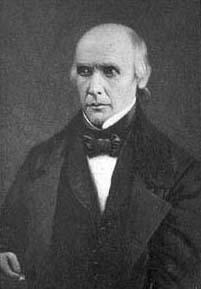 U.S. Postmaster General
U.S. Postmaster General
1793-1866
By: KaSandra Stone
Cave Johnson was born on January 11, 1793, in Robertson County, the son of Thomas and Mary Johnson. He studied in Nashville at Cumberland College, and in 1812 he was voted the captain of a volunteer unit of soldiers at the start of the war. Much to their disappointment, Andrew Jackson turned down their help, saying that they would serve their country better by continuing education. The group listened and went back to their studies, but Johnson left college the following year anyway after he was expelled for refusing to follow the curriculum. He studied law under Justice William Cooke for a short while before serving under Jackson after all in his father’s militia unit. After the Creek War of 1813, he returned to his legal studies and was admitted to the bar in 1814.
During this time, Johnson fell in love with Elizabeth Dortch, but she rejected his proposal in 1815. He was still in love with her but she married another, and he went on to serve as attorney general of the Tenth District in 1817, at which time he moved to Clarksville.
Johnson served as a Democrat in the U.S. House of Representatives from 1829-1837 and 1839-1845. In between appointments, he renewed his marriage proposal to Elizabeth Dortch, who had been widowed. This time, she said yes, and they were married in February 1838. During his time in the House of Representatives, John Quincy Adams came to label Johnson -- an ardent Jacksonian -- “the nuisance of the House,” due to his energetic attempts to control spending. He became a leading Jackson loyalist, as well as a close friend and advisor to Tennesseean James K. Polk. After Johnson managed Polk’s successful presidential campaign, he was rewarded with the office of postmaster general.
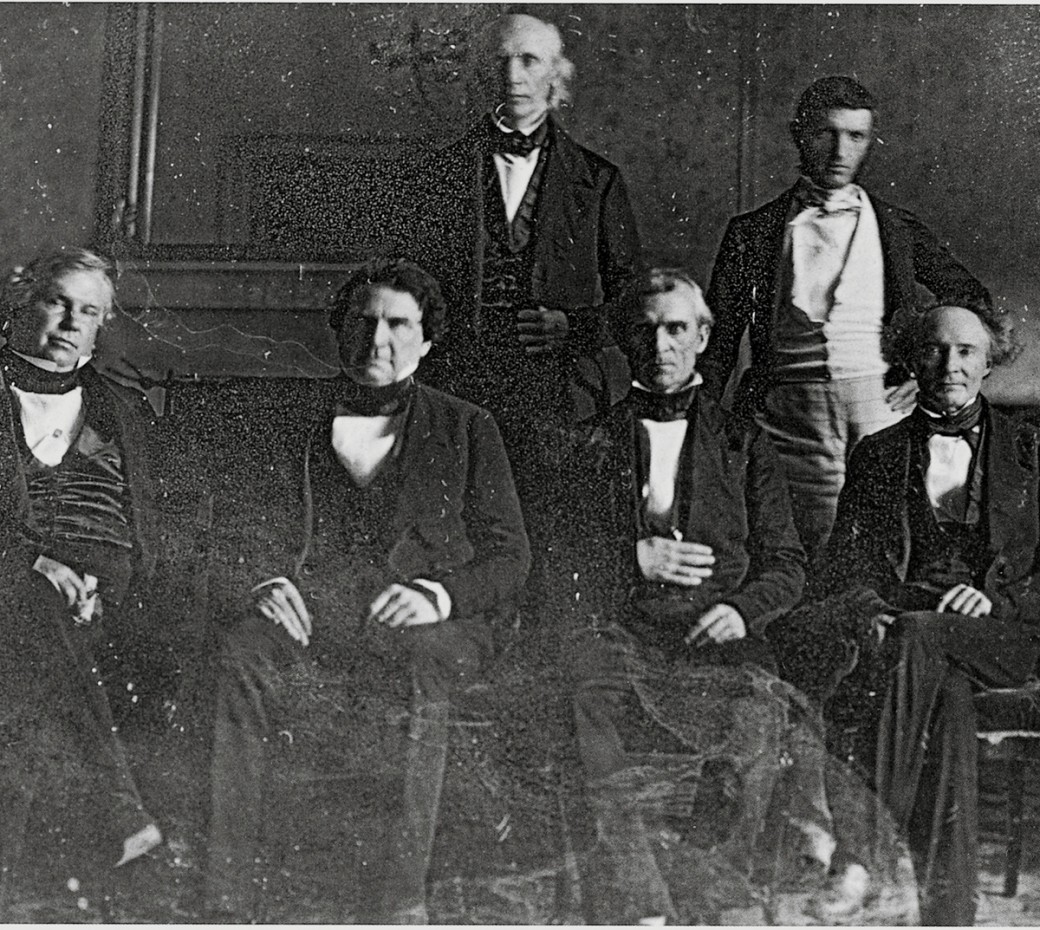
Johnson served as postmaster all four years of Polk’s administration, where he implemented many of the reforms still in place today like the introduction of the adhesive postage stamp. After Polk's term, Johnson again returned to his home in Clarksville, where practiced law until 1860. At that point, the Civil War had intensified in the South, and men were expected to choose sides and fight. Johnson was a reluctant Confederate who avoided arguing about sides with the rest of the country.
In 1866, just a year after the close of the war, Johnson passed away at the age of 73. He was survived by his three sons. He is buried in Clarksville's Greenwood Cemetery.
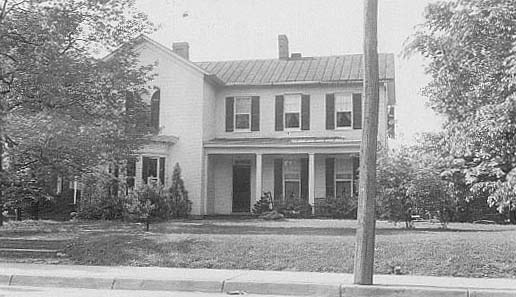
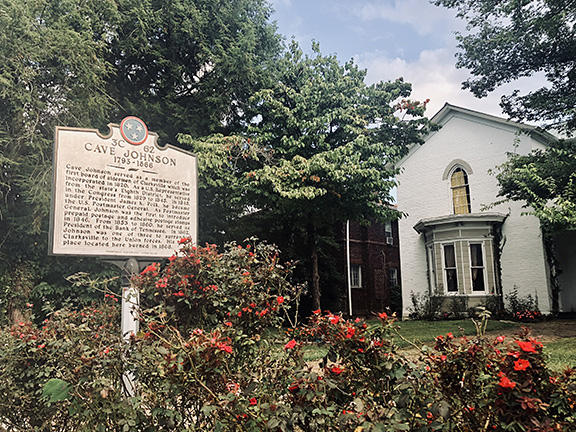
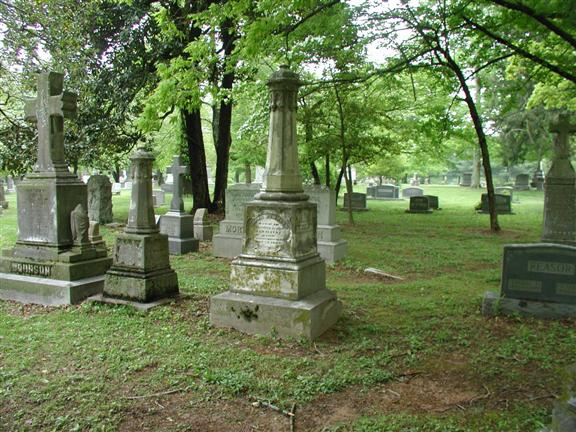
Sources:
https://tennesseeencyclopedia.net/entries/cave-johnson/
https://millercenter.org/president/polk/essays/johnson-1845-postmaster-general
Photo Sources:


